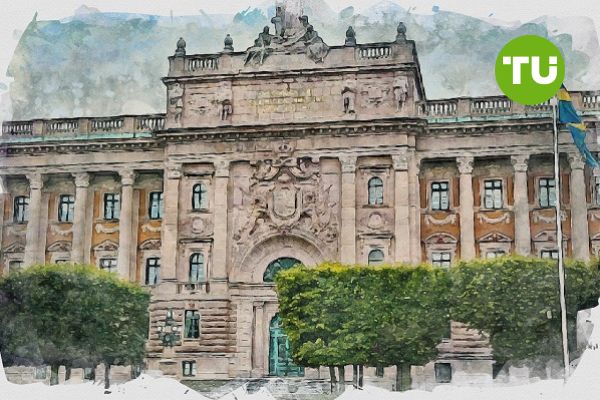Swedish MP proposes adding Bitcoin to currency reserves
 Bitcoin as a hedge and tool for freedom
Bitcoin as a hedge and tool for freedom
A member of Sweden’s Parliament has proposed adding Bitcoin to the country’s currency reserves, signaling a growing openness toward crypto adoption in Europe following recent developments in the United States.
Rikard Nordin, a member of the Swedish Riksdag, published an open letter urging Finance Minister Elisabeth Svantesson to consider adopting Bitcoin as a national reserve asset.
“Some countries are now discussing whether to include Bitcoin in their government currency reserves. In the U.S., for example, at both the state and federal level, Bitcoin is being considered a strategic asset due to its monetary properties, which are comparable to gold,” the letter reads.
Bitcoin as a hedge and tool for freedom
Nordin emphasized Sweden’s tradition of conservative and well-managed currency reserves, which currently consist mostly of foreign currencies and gold. However, he noted a global shift toward digital assets, with Bitcoin increasingly used as both a payment method and a hedge against inflation.
“It is also an important way for freedom fighters to make payments under the oppression of authoritarian regimes,” the Swedish lawmaker added.
Will Sweden follow the U.S. lead?
As reported Cointelegraph, Nordin urged the finance and trade ministers to explore fiscally neutral strategies to acquire Bitcoin for Sweden’s reserves without additional burden on taxpayers.
His proposal echoes a recent move in the U.S., where in March, President Donald Trump signed an executive order to create a national Bitcoin reserve funded by seized crypto assets from criminal investigations, rather than market purchases.
Meanwhile, Europe remains focused on launching a digital euro, a central bank digital currency (CBDC) that, according to ECB President Christine Lagarde, could debut as early as October 2025.
As we wrote, Switzerland has long been regarded as one of Europe’s most crypto-friendly nations. However, despite numerous cryptocurrency initiatives, the country has ultimately rejected the idea of creating a BTC reserve. But why has the Alpine Republic turned its back on full-scale Bitcoinization?













































































































































